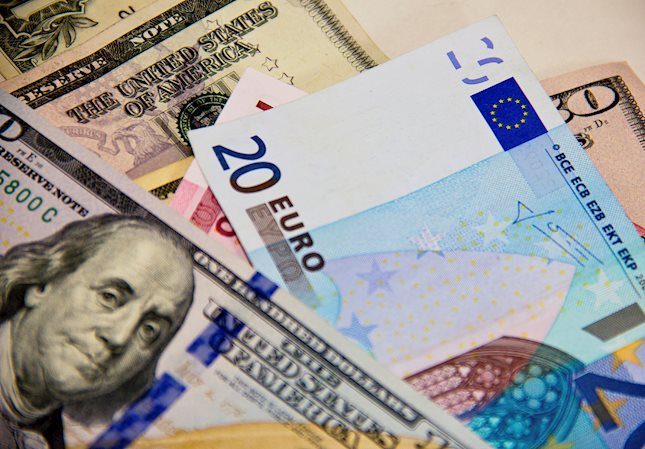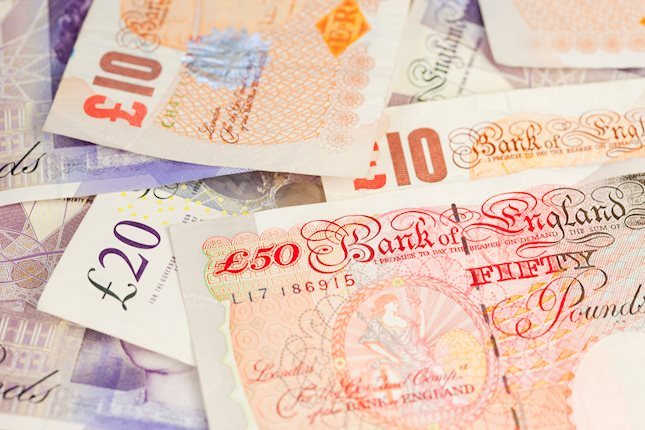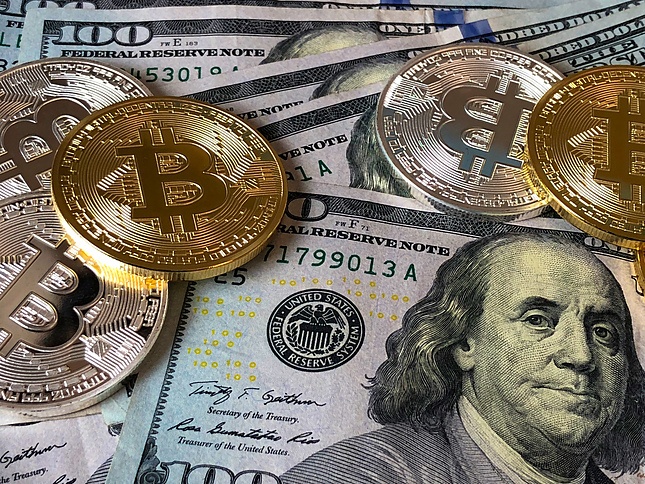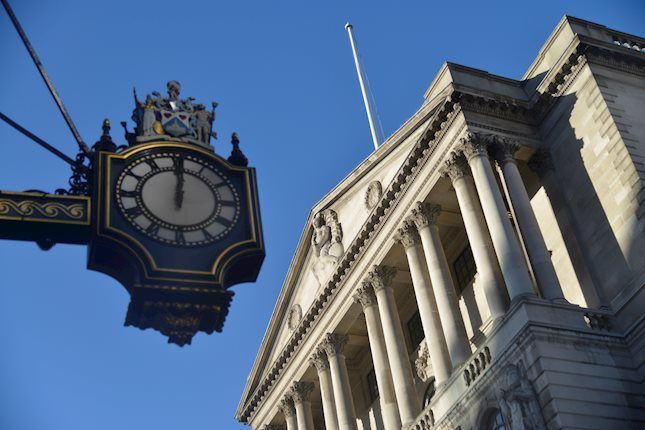DKK11.9bn of the decline was due to interventions by Nationalbanken. Hence, interventions were stepped up in January to mitigate the weakening of EUR/DKK, which traded above central parity at 7.46038 for large parts of January.
The upward pressure on EUR/DKK and subsequent currency intervention by Nationalbanken were in our view triggered mainly by the move higher in euro money market rates that widened the negative carry on long DKK positions. The reversal of safe-haven positions might also have played a role in the upward pressure on EUR/DKK.
Following the interventions, the Danish National Bank on 24 January increased its lending rate and the rate on certificates of deposits by 10bp to 0.30% and -0.10% respectively.
Today's reserve figures confirm that the reaction function of Nationalbanken is unchanged and symmetric. Hence, the rule-of thumb that it will take interventions in the area of DKK10-15bn to trigger a new rate change is still intact.
The risk is still skewed towards a new independent Danish rate hike over the coming months given the continued normalisation in financial markets. However, we doubt a new rate hike is imminent. The 24 January rate hike has supported DKK and EUR/DKK has fallen slightly and is currently trading just below central parity. The relentless rise in EONIA rates and the accompanying widening of the negative carry on DKK have also come to a halt over the past couple of days.
The current market pricing indicates that Nationalbanken will raise rates by a further 30-40bp by year-end. We think this is somewhat excessive given our view on the EONIA curve. As we write in EUR Strategy: aggressive pricing of impact from LTRO repayment (22 January), in general we see the risk skewed on the downside for EONIA rates.
Recommended Content
Editors’ Picks

EUR/USD extends recovery beyond 1.0400 amid Wall Street's turnaround
EUR/USD extends its recovery beyond 1.0400, helped by the better performance of Wall Street and softer-than-anticipated United States PCE inflation. Profit-taking ahead of the winter holidays also takes its toll.

GBP/USD nears 1.2600 on renewed USD weakness
GBP/USD extends its rebound from multi-month lows and approaches 1.2600. The US Dollar stays on the back foot after softer-than-expected PCE inflation data, helping the pair edge higher. Nevertheless, GBP/USD remains on track to end the week in negative territory.

Gold rises above $2,620 as US yields edge lower
Gold extends its daily rebound and trades above $2,620 on Friday. The benchmark 10-year US Treasury bond yield declines toward 4.5% following the PCE inflation data for November, helping XAU/USD stretch higher in the American session.

Bitcoin crashes to $96,000, altcoins bleed: Top trades for sidelined buyers
Bitcoin (BTC) slipped under the $100,000 milestone and touched the $96,000 level briefly on Friday, a sharp decline that has also hit hard prices of other altcoins and particularly meme coins.

Bank of England stays on hold, but a dovish front is building
Bank of England rates were maintained at 4.75% today, in line with expectations. However, the 6-3 vote split sent a moderately dovish signal to markets, prompting some dovish repricing and a weaker pound. We remain more dovish than market pricing for 2025.

Best Forex Brokers with Low Spreads
VERIFIED Low spreads are crucial for reducing trading costs. Explore top Forex brokers offering competitive spreads and high leverage. Compare options for EUR/USD, GBP/USD, USD/JPY, and Gold.